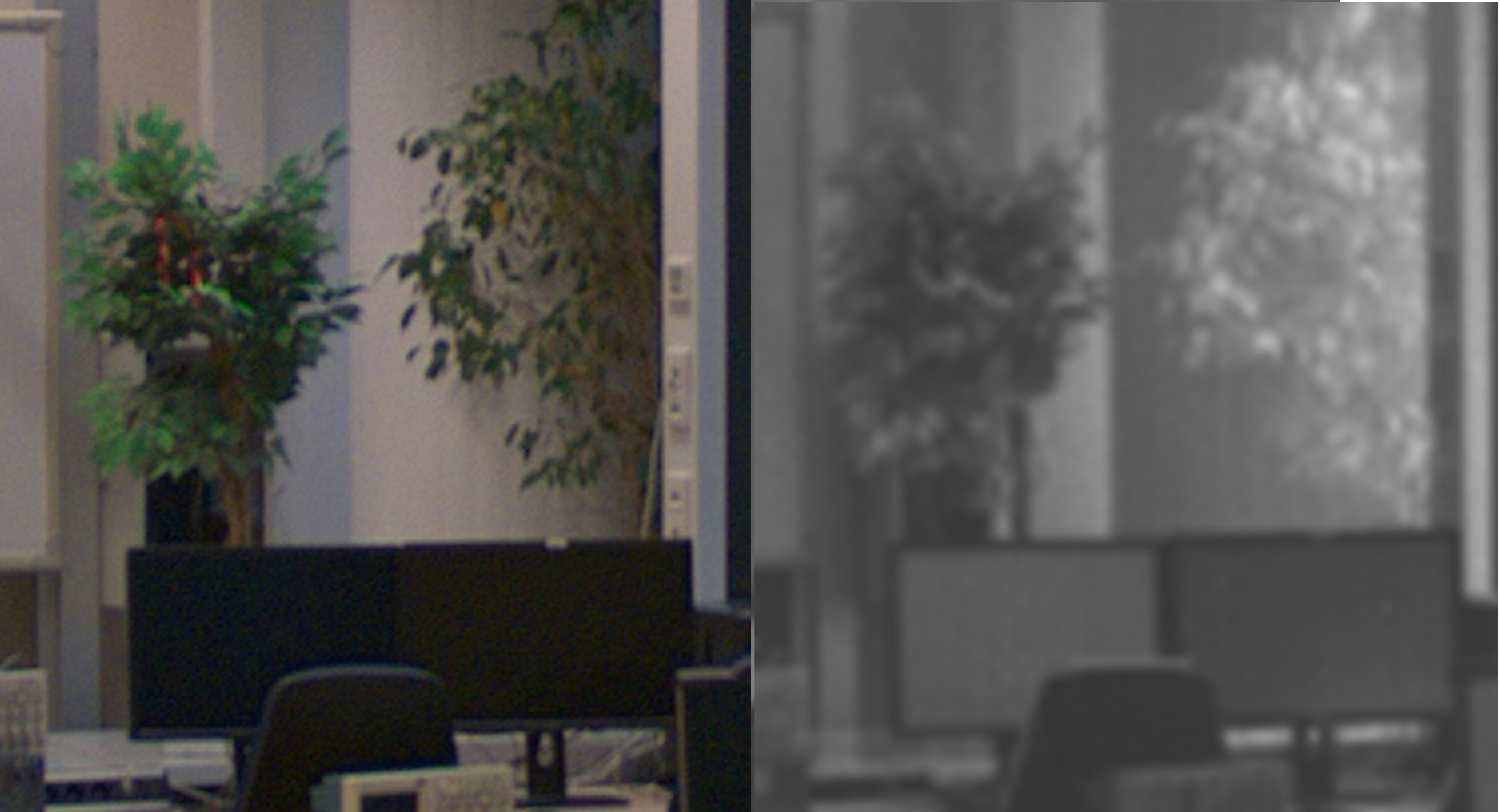SmartRecycling
KI und Robotik für eine nachhaltige Kreislaufwirtschaft

SmartRecycling develops concepts for the application of AI and robotics to improve the recycling of coarse and bulky waste, taking both technical and economic challenges into account. The solutions developed in the project are primarily intended for the circular economy, but will also be transferrable to other application areas of high social relevance. Examples include civil protection, nature conservation, sustainable agriculture, environmentally compatible mining, maintenance and maintenance of infrastructure, and the Digital Industry In addition, the SmartRecycling project supports the UN Sustainable Development Goal "Sustainable Consumption and Production" with its efficient AI- and robotics-based solution. The objective is to help to reach the targets set by the German Resource Efficiency Program regarding the increase of the recycling rate for municipal waste to over 65 percent, as well as the recycling rate of plastic waste and the re-use of recycled building materials.
| Duration: | 15.07.2020 till 14.02.2021 |
| Donee: | German Research Center for Artificial Intelligence GmbH |
| Sponsor: | Federal Ministry for the Environment, Nature Conservation, Nuclear Safety and Consumer Protection |
| Grant number: | Dieses Projekt erfolgt mit Förderung durch das BMU, Förderkennzeichen 67KI1013A |
| Partner: |
Institut für Energie und Kreislaufwirtschaft an der Hochschule Bremen GmbH Hochschule für Angewandte Wissenschaften Hamburg Nehlsen Stoffstrom GmbH & Co. KG |
| Application Field: | Logistics, Production and Consumer |
| Related Projects: |
ROBDEKON
Robot systems for decontamination in hostile environments
(06.2018-
06.2022)
ROSA
Efficient Sorting of Bulk Wastes with Robots
(06.2009-
02.2011)
|
| Related Robots: |
ARTER
Autonomous Rough Terrain Excavator Robot
|
Project details
Initial situation: What is the ecological challenge?
The circular economy is about using products and raw materials for as long as possible. If this is no longer possible, raw materials are broken down into their initial compounds and recycled. An automated separation of compounds is particularly efficient and therefore environmentally friendly. However, this separation is currently only possible for small or already shredded waste, so-called flakes. Waste that is large in size, such as construction debris or bulky waste, must first be crushed for automated sorting. This is usually done manually, or with manually operated machines, and is therefore slow and cost-intensive. The recycling rate is correspondingly low, so that many valuable raw materials are disposed of together with residual waste or, at best, recycled as low-grade waste. An example are (high-grade) well preserved bricks, that are turned into (low-grade) gravel during recycling. This process makes it also more difficult to identify and remove potentially hazardous waste.
Idea: Use AI and robotics to improve recycling
A significant ecological benefit is expected from the more efficient recycling of bulky waste, especially in the construction industry: Of the approximately 412 million tons of waste in Germany, 220 million tons are construction and demolition waste (data from 2017, Federal Statistical Office). The sorting of waste plays a decisive role when it comes to increasing resource efficiency. This is where the SmartRecycling project starts: By using modern sensors, Kl methods and robotics, the sorting of waste can be improved, and thus resource efficiency increased.
In the concept phase, the project identified promising methods and their application to increase the efficiency of recycling processes.
In the implementation phase, the project will use these methods to develop workable solutions for the recycling industry – with a focus on the recycling of bulky wastes.
Outlook: Project Goals
In the conceptualization phase of SmartRecycling, concepts on how AI and robotics can be used to improve the recycling rate for bulky waste were developed. Both technical and economic challenges were taken into account.
The solutions that will be developed in the implementation phase of the project are primarily intended for the circular economy, but should also be able to be transferred to other areas of application of high social relevance. Examples are civil protection, nature conservation through automated waste collection, sustainable agriculture, ecologically compatible mining as well as the maintenance and care of infrastructures and Industry 4.0.
In addition, the SmartRecycling project with its efficient AI- and robotics-based solution supports the UN Sustainable Development Goal "Sustainable Consumption and Production", as well as the targets set in the German Resource Efficiency Program regarding the increase of the recycling rate of municipal waste to over 65 percent, the improved recycling of plastic waste, and the increase in use of recycled building materials.
Videos
Smart Recycling - AI and Robotics for a sustainable circular economy

In the Smart Recycling project, in which the Robotics Innovation Center of the Research Center for Artificial Intelligence (DFKI) collaborates with the Institute for Energy and Recycling Management (IEKrW) and the University of Applied Sciences (HAW), as well as the Bremen waste disposal company Nehlsen GmbH & Co. KG was involved, developed a concept for the automated sorting of large-sized recyclable materials in the recycling industry. The SmartRecycling concept utilizes the most modern technologies from robotics, sensors and artificialintelligence in order to enable full automation of the pre-sorting of large pieces of waste and thereby increase the recycling rate.



